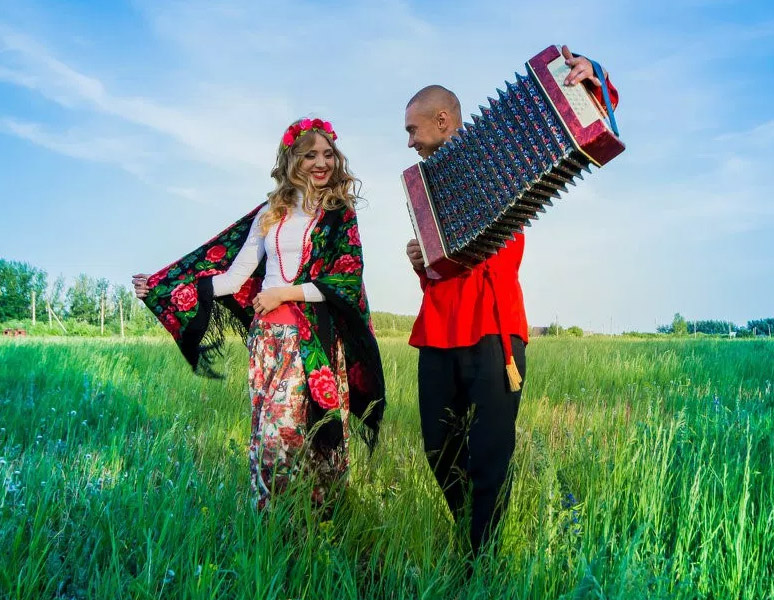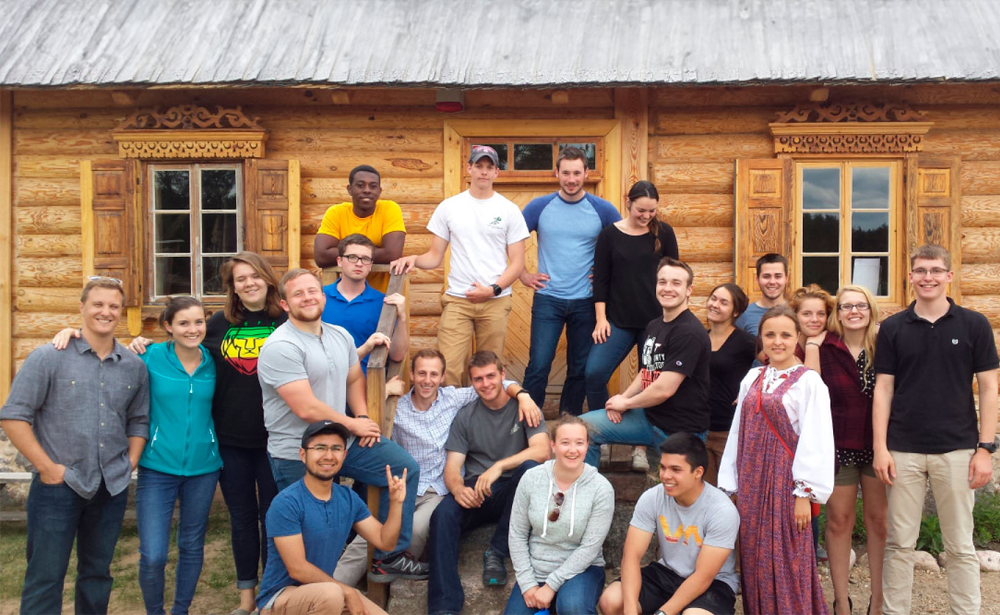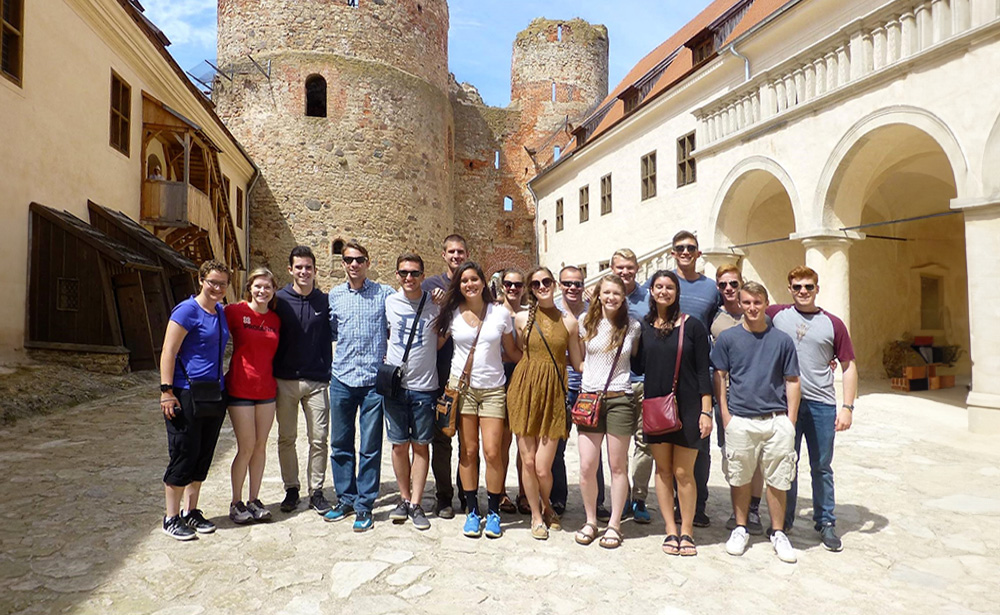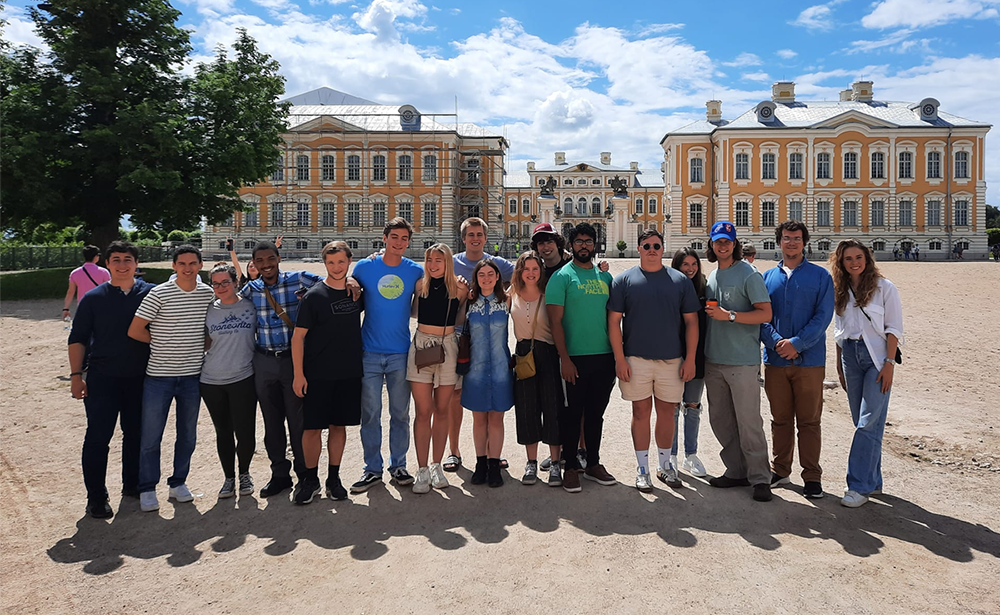10 Russian Habits, Part II
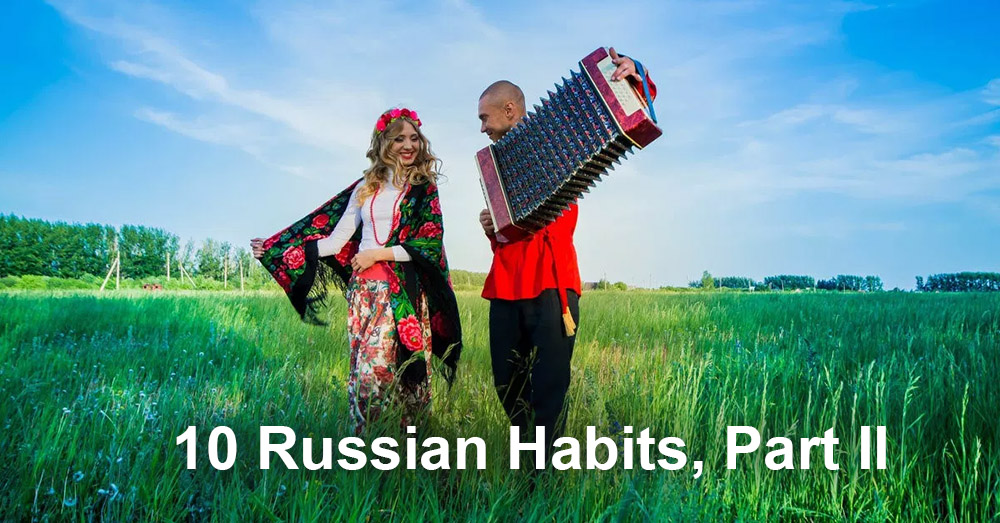
In this article, we will continue telling you about other Russian habits which surprise foreigners who arrive in Russia for the first time. In the second part of the article we are going to discuss 10 weird Russian habits which cause foreigners’ misunderstanding.
Russians use natural home remedies.

Every adult Russian person is a health expert who does not need a doctor to accurately determine his/her diagnosis and prescribe a certain treatment. A Russian person knows himself/herself what medicine to take and in what quantities. Moreover, in order to avoid taking pills, Russian often use natural home remedies.
A plastic bag may replace a bag for a Russian person.

A Russian person always has a plastic bag in his/her bag in case there is not enough place in the bag. A foreigner will choose a bag, or a backpack of a larger size so not to carry things. Sometimes, a paper or plastic bag from a brand store can easily replace a usual bag for a Russian woman.
Russians love telling anecdotes.

One of the most common Russian habits is to tell anecdotes interrupting the conversation with a phrase, “And, you know, this reminds me of an anecdote…” or “Do you remember an anecdote?”, and then proceed to tell it, even if it’s completely irrelevant. Besides that, Russians like to cite old films of books.
Russians like saying toasts.

Even the laziest Russian will definitely say a toast before having a drink. When you are at a table with Russians, be prepared to listen to stories, tales, fables, and anecdotes, which usually take a lot of time.
To change shoes when you visit people.

Many Russian families have slippers specially prepared for guests, so when you come to visit them, they will immediately offer you to change your shoes. This habit is really shocking for foreigners, as in Western European countries, when you visit people at their place, you never take your shoes off, or change into slippers. You wear slippers only at home.
Russians like to cook vinegret, herring in “shuba-coat”, or holodets (jellied meat).

These traditional Russian dishes very often shock foreigners. In their opinion, this combination of products is totally impossible. However, as soon as they taste these dishes, they like them.
Russians like going to the forest.

Majority of Russians are ready to spend hours or even days walking in the forest picking mushrooms, wild berries, or herbs. Although they can easily get these from a shop, or at the market, or at a pharmacy, Russians prefer to do it by themselves, as they never look for easy ways.
Russians like get-togethers in their kitchens.

When you visit Russian people at their homes, you will be first invited into their kitchen but not in the living room, except for really special occasions. Russians are used to discussing the news and all other issues with their family at the kitchen. Therefore, in the Soviet time, the term “kitchen get-together” was coined. However, people from other foreign states prefer to receive their guests in the living room, or at a cafe.
Russians very often re-watch Soviet cartoons.
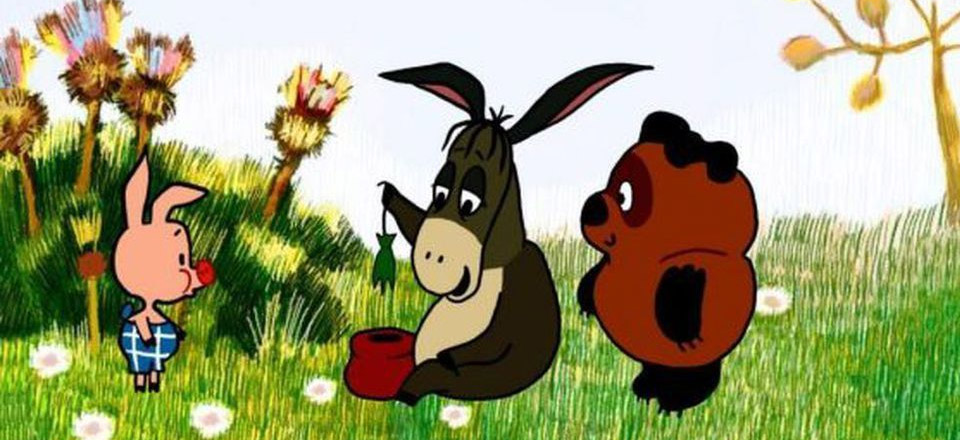
Russian people’s love and increased interest in the old cartoons can be explained by the fact that, unlike American and European cartoons, Soviet cartoons were intended for both children and adults. They were also distinguished with a high skill of their drawing and staging. “Nu, Pogodi!” (the Russian version of Tom and Jerry), “Bremenskiye Muzykanty” (The Musicians from Bremen), and “Snezhnaya Koroleva” (The Snow Queen), are among Russia’s favorites.
“Kissing across the doorway is a bad omen”.

A very common habit and tradition of Russian people – to give “a farewell kiss”. In order to do it both people should stay on the same side of a doorway, as kissing across the doorway is a bad omen.
This is the end of the second part of the article about Russian habits. Russian habits reflect Russian traditions.
You may be interested

Why do people speak Russian in Daugavpils?
As it seems to us, Daugavpils is the best place to learn Russian now, because our city is situated in the EU and NATO, but at the same time 90% of the city’s population speak Russian at home.
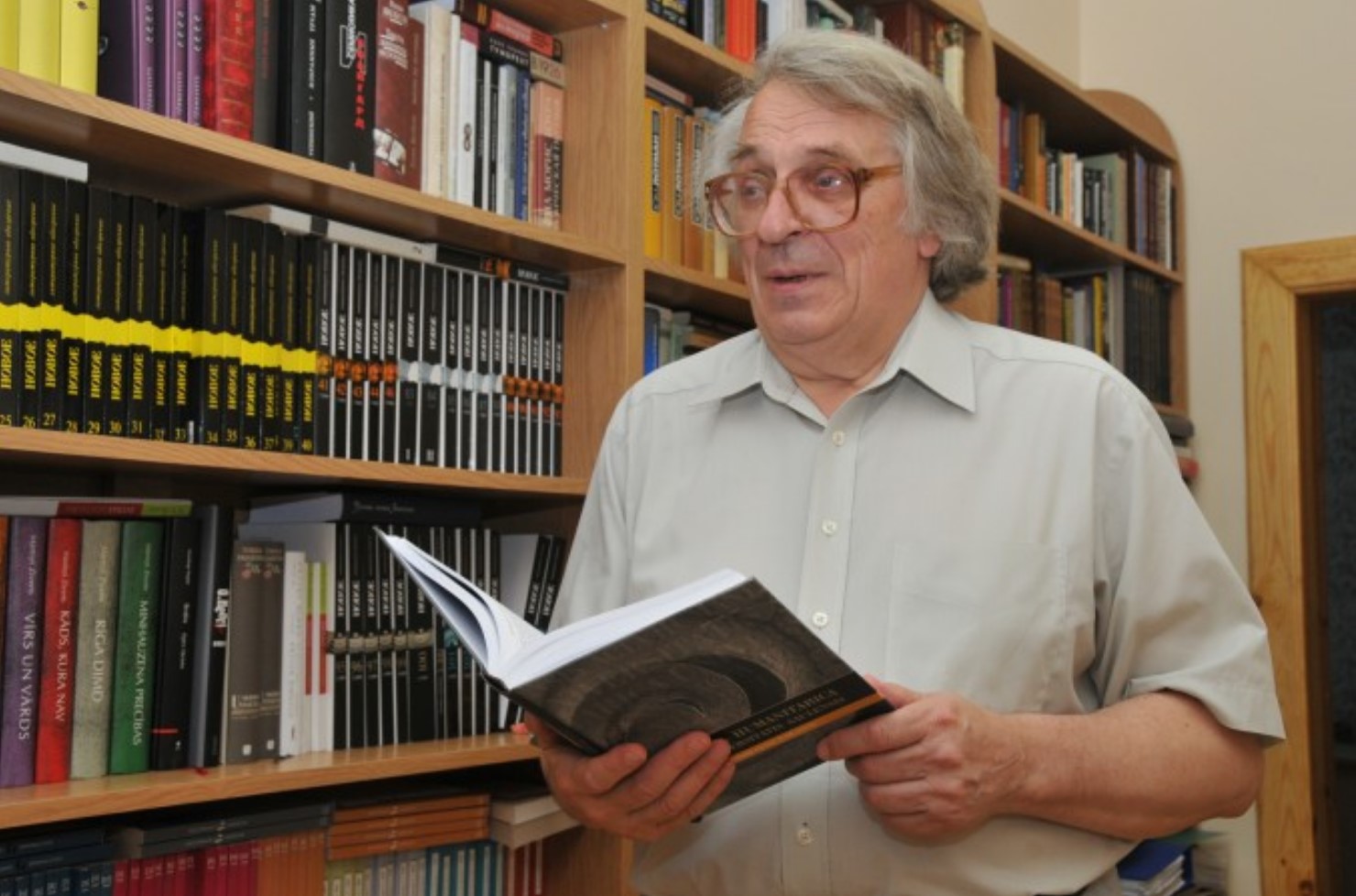
ЭТЮД О ДВИНСКЕ
Etude on Dvinsk by F.Fedorov
The Baltic region is one of the most catastrophe prone regions of the 2nd millennium, especially its second part; it is the centre of attraction of ‘geopolitical’ interests of the European world. Probably the most tragic fate has befallen to the eastern part of the present Latvia and its multi-titled town of Dinaburg – Dvinsk – Daugavpils. During its 730 years long history, the town went through five rather autonomous periods of development, five different lives (German, Polish, Russian, Latvian, Soviet), and at the beginning of the 1990s it entered into the 6th period.
The history of Dinaburg – Dvinsk – Daugavpils is the history of five attempts by the town to begin its life anew; and this is determined not only by the fact that the town was four times burned down and had to start life from scratch, but first and foremost because each of these periods was characterized by a total change of ethnos and the socio-cultural field.
The present article deals with the cultural space of the town in one of the most efficient periods of its development – from the 1860s till World War I.


